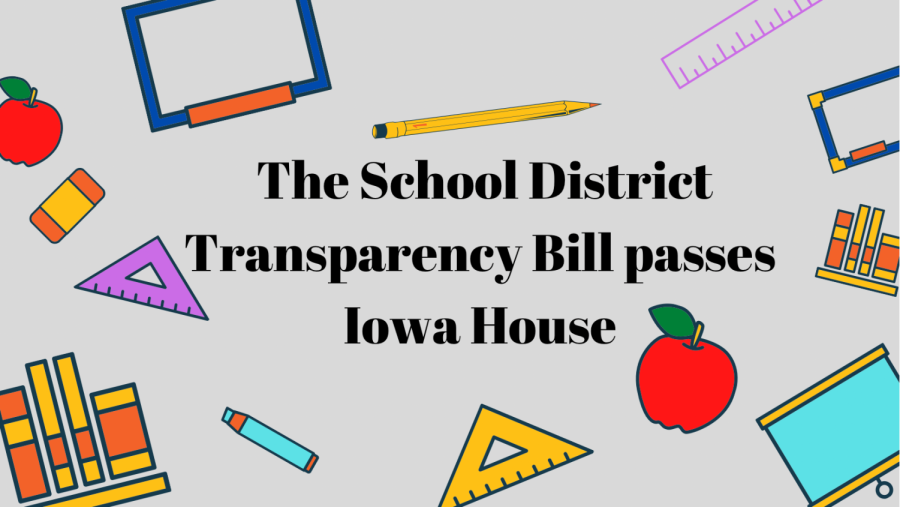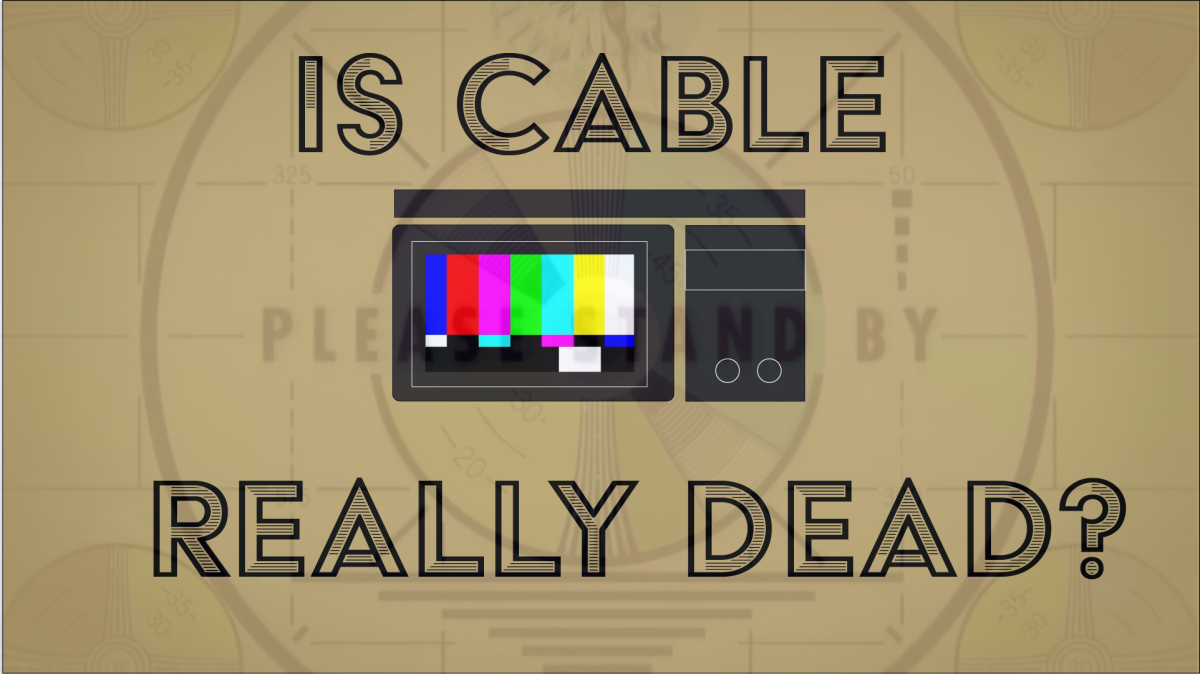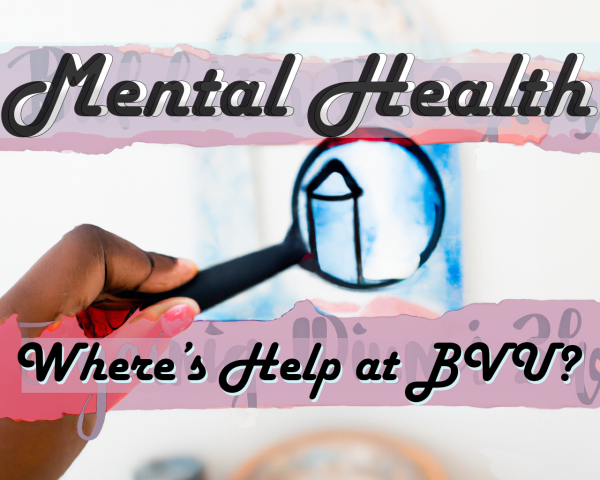The School District Transparency Bill passes Iowa House
April 9, 2022
A new Iowa legislature could end up costing schools thousands in civil penalties. On Tuesday, March 29th, House File 2577 passed The Iowa House with a 60-35 vote. The School District Transparency Bill seeks to further expand parental involvement and open more doors between said parents and educators. Education has been a focal point for legislators since the beginning of this year’s session.
“The rationale behind it passing is that, according to the general public, teachers should be able to publish the lesson plans [so] that parents know what’s being done in classes. So, it’s taking away what they would call the anonymity of what actually happens in a classroom,” Buena Vista University’s Dr. Brittany Garling, the School of Education Dean and Associate Professor of Education said.
If signed into law, many aspects of the classroom would change. Teachers would have to guarantee that parents have access to all course material, as well as provide the option for students to opt-out of certain content taught in the classroom.
“I think this also came out from censorship of certain information that they believe that shouldn’t be taught in school districts [they], the general public, so, this was a way for them to gain insight into well, what are you actually teaching my child, and can I opt out of that option if I feel like it’s against my beliefs,” Garling elaborated.
The initial proposal by Gov. Kim Reynolds required teachers to post their course material twice in the academic school year. Once at the beginning of the school year, and then again before the end of winter break. However, the new Bill that was approved is more flexible and requires teachers to update their class content throughout the year.
“There’s not another single profession who’s required to publish everything they do every day,” Garling expressed.
The Fiscal Note goes on to elaborate, “The Bill requires each school district and charter school to adopt a policy describing the procedures for a parent or guardian of a student enrolled in the school to review instructional materials used in the student’s classroom and allow for an opt-out of use of those materials. A definition of “instructional materials” is provided in the Bill. The policy is required to be prominently displayed on the school’s Internet site, and a written or electronic copy of the policy will be provided at least annually to the parent or guardian of each student enrolled in the school.”
“I think the ulterior motive is for them to start dictating what curriculum we can actually produce for our students. Meaning, I wanna know exactly what’s happening in there and then I’m going to tell you if that curriculum can go or not. So, not only are we taking freedom away from our teachers to teach the way that they want to teach based on student needs, we’re also taking their depth ability of saying, yeah, this curriculum is just not working for my students let’s talk,” Garling said.
Educators would upload their course material Google Classroom and/or Canvas, or similar platforms such as those. Failure to comply could result in schools paying anywhere from $500 to $5,000 in civil penalties. Schools would also need to publish a full list of what is provided in their library. This would be put in place for parents so they may request a book be removed or reviewed.
“What they don’t understand is the perspective it’s giving educators. Which is that you’re not adequately training my child, we don’t trust you to do your job, and we need to be able to have some sort of control over what’s going on,” Garling continued, “Instead of having the trust in teachers to say, you’re doing amazing things with my child, [and] I’m so excited that they have you as an educator. So, that’s the perspective it’s giving.”
According to a Des Moines-based newsroom, KCCI , the nonpartisan Legislative Services Agency estimates that this bill would cost Iowa school districts $16.4 million to hire substitutes while teachers get their materials together in order to prepare them for parents and report them. However, that estimate does not include software or other electronic systems.
“What I need to know is, are my students getting the standards that they need to be for that grade level before they move on and if they’re not, what supports are you providing them- those are the questions I wish parents were asking,” Garling concluded.
For more content surrounding House File 2577 checkout: IPR and/ or KCCI.



















